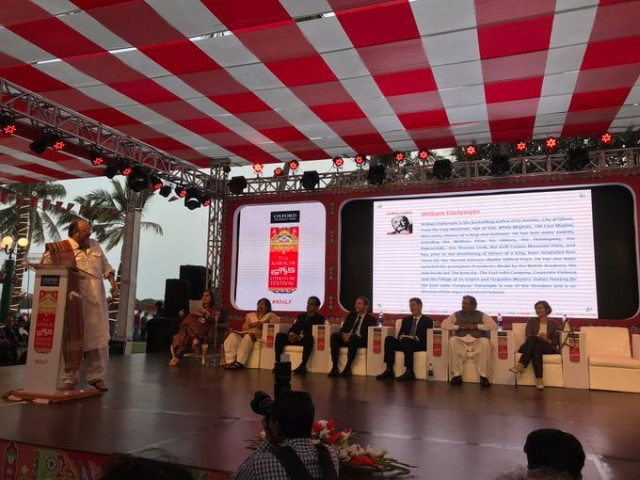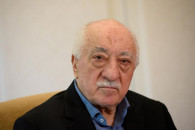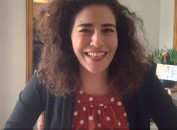Celebrating Karachi the storyteller
Literati discuss city's literary and cultural landscape

PHOTO: TWITTER @BintMoin
Recognising this very character of the metropolis as the reason behind its rich literary heritage, speakers at the 11th Karachi Literature Festival traced the roots of the city's present-day literary landscape back to the eve of Partition.
Speaking at a session titled 'Karachi's Literary Heritage: A Celebration' on Sunday, journalist Peerzada Salman reflected, "Muhajirs are largely responsible for nurturing Karachi's cultural and literary landscape." These migrants from North India, a learned and educated lot, not only transplanted their culture to the city, but in a sense, they owned Karachi, added journalist Ghazi Salahuddin, another panellist in the session.
Salahuddin, in fact, went on to claim that it was hard to find a city quite like Karachi in all of the Sub-Continent. "In terms of diversity - be it linguistic or ethnic - talent and creative potential, there is no city like Karachi," he said.
This was despite the city being riddled with division and conflict, but then, conflict breeded creativity, he said, adding that while he had confidence in Karachi's creative potential, it needed to be explored and opportunities for the purpose had to be created by the city's elite and those in authority.
"There may be hundreds of writers, poets and musicians out there, but they need to be given a platform [to showcase their talent]," stressed Salahuddin.
In addition to the lack of opportunities for artists in the city, the panellists also drew attention to the dying trend of reading as one of the factors diminishing the once-thriving literary society of Karachi.
Novelist and short story writer Naqvi termed bookshops "secular places of worship," frequented by Karachiites in search of stories of their own and others. These were places, she said, where people came across the unusual and the extraordinary, about themselves and others. Without them, there would be no place to find stories and Karachi would no longer be the city it is. "We will cease to exist [as the people we are] in the absence of bookshops, the disappearance of which would lead to the death of literature and etiquette," she elaborated.
Such concerns were the primary factor behind the initiative to establish a street library in Karachi, shared Karachi Commissioner Iftikhar Shallwani. Quoting a French philosopher, he said, "Tradition does not mean to look after the ash, but to keep the flame alive." The street library, according to him, was meant to keep alive the flame of reading and public discussion. The tradition was not just a thing of the past, but should be passed on, the commissioner underscored.
Shallwani said that the authorities now planned to establish more street libraries, particularly in Central district, as well as chess corners.
However, as the moderator of the session, journalist Maheen Usmani, pointed out, besides exploring new avenues, restoring the old was also the need of the hour to support Karachi's literary heritage.
"Here, buildings too tell stories [as] they have traces of people who once occupied them," she said. And then there were the monuments, she pointed out, that were reminiscent of the old times and historic events. These all made Karachi the Karachi that it is, and needed to be restored, she stressed.
Adding to it, Salahuddin also called for safe public places in the city for the people to socialise.
"Efforts need to be made to [once again] seep civility into Karachi's [culture] so that people feel comfortable talking to strangers," he said, adding that only then would the culture of storytelling be revived in the truest sense.
Author Rumana Husain also spoke about Karachi's diversity on the occasion.
Published in The Express Tribune, March 2nd, 2020.



















COMMENTS
Comments are moderated and generally will be posted if they are on-topic and not abusive.
For more information, please see our Comments FAQ